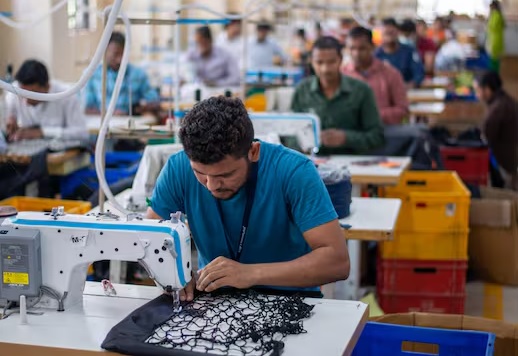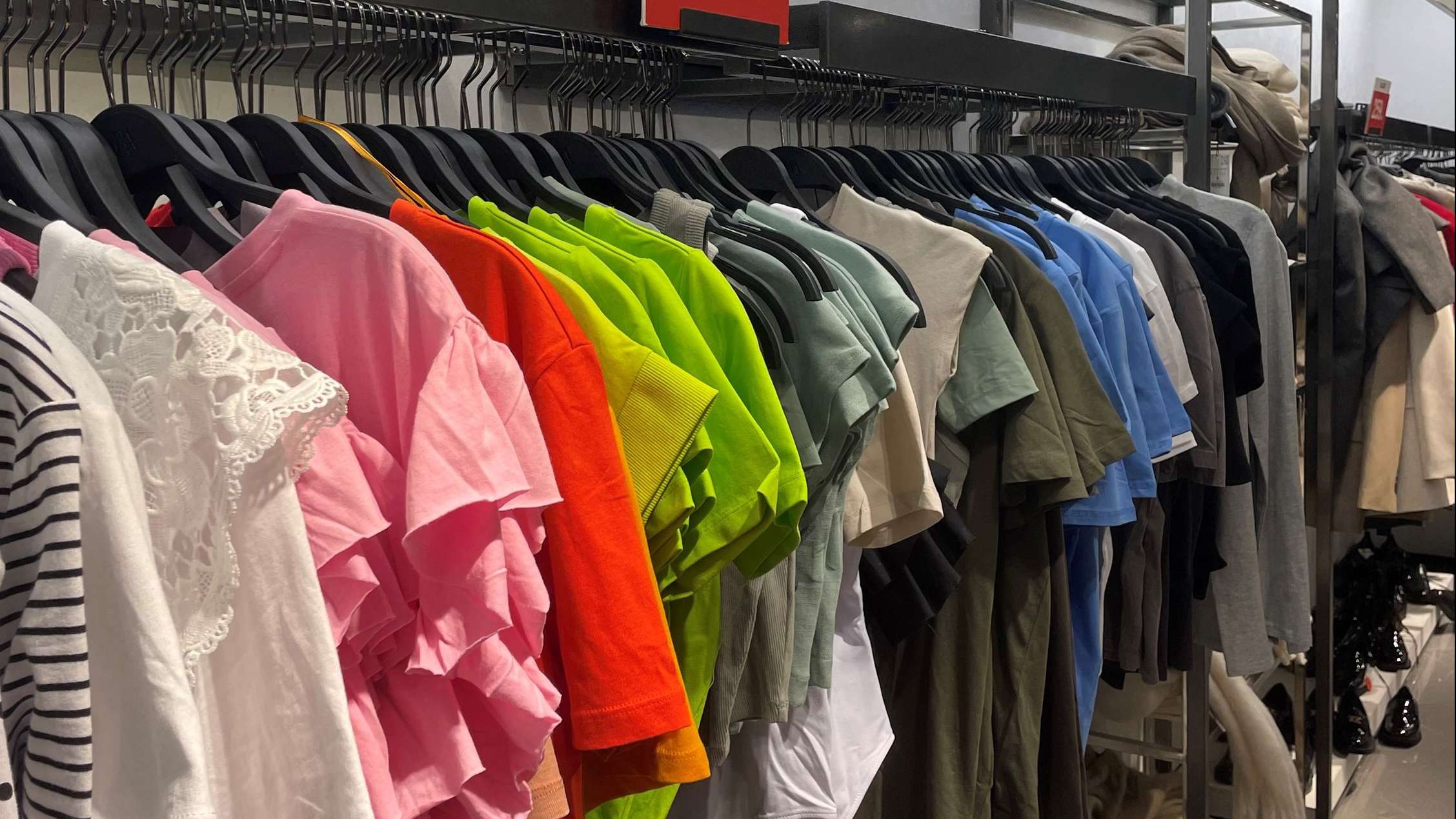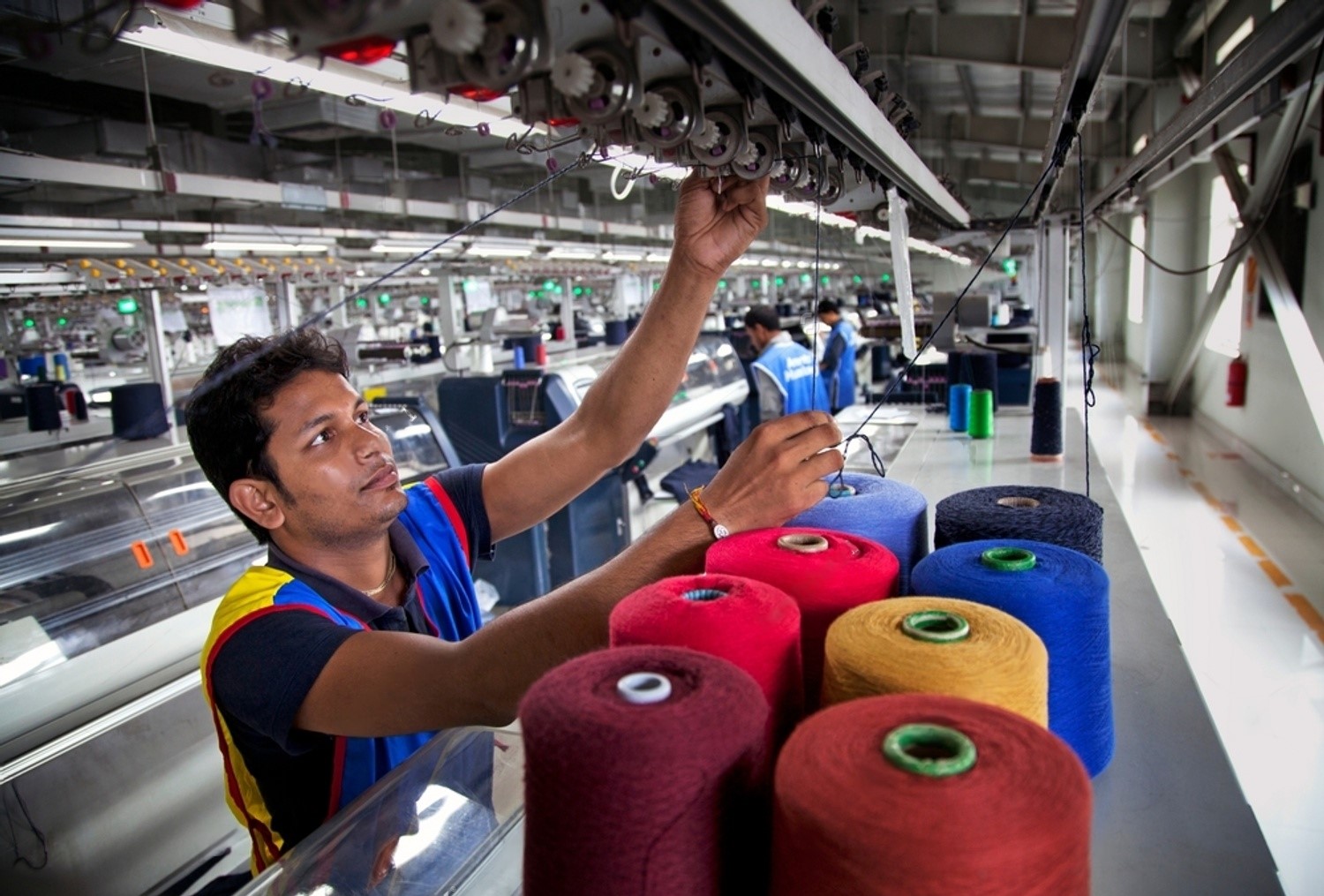
The ongoing political and economic instability in Bangladesh is casting a long shadow over the Indian textile and apparel industry. With factories shutting down repeatedly in Bangladesh, the ripple effects are being felt across the value chain.
A hit to Indian raw material exports
India is a major supplier of raw materials like cotton, yarn, and fabric to Bangladesh's thriving apparel sector. The frequent closures of factories due to political unrest have led to a sharp decline in demand for these materials. Indian textile exports to Bangladesh have been volatile and will face major decline during this period of heightened political tension.: "The uncertainty in Bangladesh is hurting our raw material exports badly. We have already seeing a drop-in orders and prices," says a leading exporter.
India exports $2.4 billion worth of its cotton to Bangladesh, according to ministry of commerce data, the share of Bangladesh in India’s overall cotton exports doubled from 16.8% in FY13 to 34.9% in FY24. Raw cotton exports accounted for a fourth of India’s total exports to the country in FY24. Any political instability in Bangladesh could significantly impact India's cotton sector, despite overall trade remaining unaffected.
Global brands to seek alternatives
The disruptions in Bangladesh's apparel production have also caught the attention of global brands. Faced with delayed shipments and quality concerns, these brands are increasingly looking for alternative sourcing destinations. India, with its large textile and apparel industry, is a natural contender.While India is already a significant player in global apparel sourcing, the current situation in Bangladesh presents a unique opportunity to increase its market share."We are closely monitoring the situation in Bangladesh. If the instability persists, we will definitely explore options to diversify our sourcing base," says a sourcing manager for a leading global apparel brand.
A boon for Indian apparel industry
The challenges faced by the Bangladeshi apparel sector could be a boon for Indian apparel brands and retailers. With duty-free access to the Indian market, many Bangladeshi exporters have been supplying garments to Indian players. However, the recent disruptions may compel these brands and retailers to shift their focus to domestic sourcing. India's largest retailer, Reliance Retail, has already announced plans to significantly increase its sourcing from domestic manufacturers. This move is expected to benefit thousands of Indian textile and apparel businesses."We believe in supporting the Indian textile industry. The current situation in Bangladesh provides us with an opportunity to strengthen our domestic supply chain," says a spokesperson for Reliance Retail.
Challenges and opportunities
While the current situation in Bangladesh presents several opportunities for the Indian textile and apparel industry, it also comes with challenges. India needs to address issues such as infrastructure, labor costs, and skill development to effectively capitalize on this situation.Moreover, the industry must focus on product innovation and quality to compete with global benchmarks. By adopting sustainable practices and leveraging technology, India can position itself as a preferred sourcing destination for global brands.
The ongoing turmoil in Bangladesh is creating a complex and dynamic landscape for the Indian textile and apparel industry. While challenges persist, the potential for growth and development is significant.












